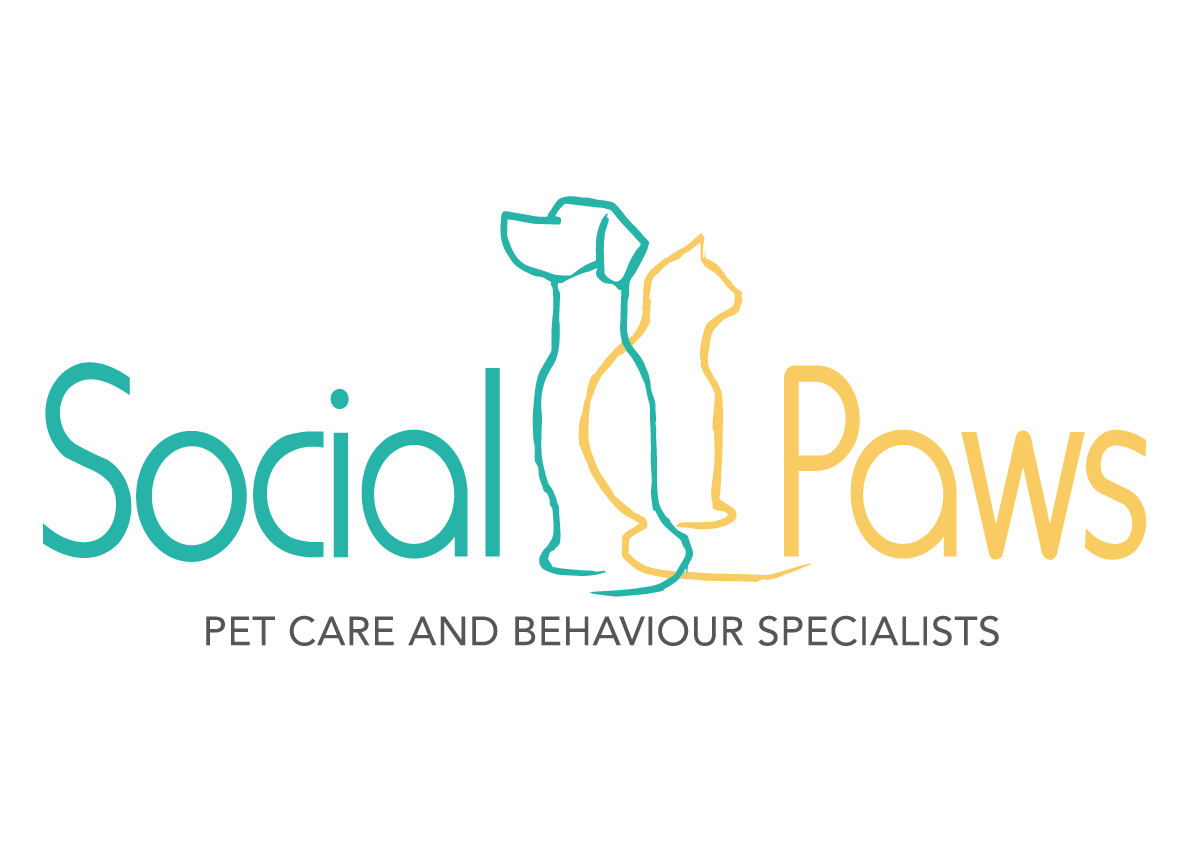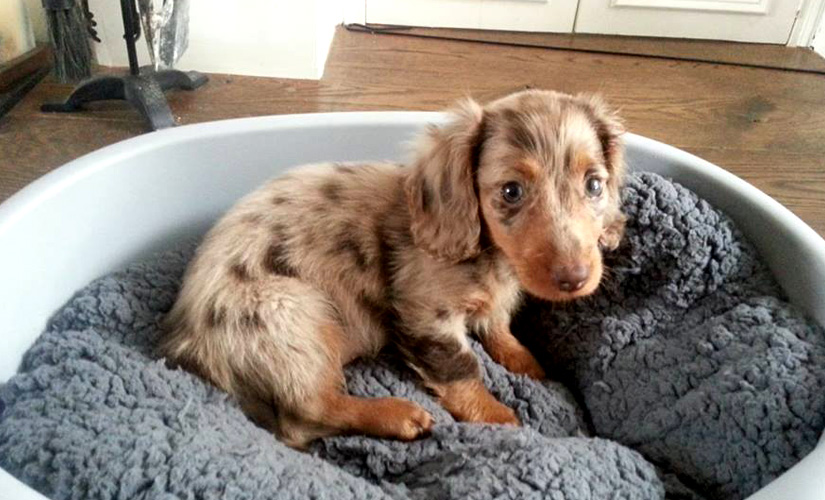Puppy sitting and training in Cheltenham – puppy ownership
Getting a new puppy is not as simple as it sounds – it’s important that you can give the puppy the time and commitment it deserves and research about puppy ownership. I personally recommend first going to your local rehoming centre, if you live in Cheltenham the Cheltenham Animal Shelter are un-indated with dogs looking for a home – occasionally puppies. If you are looking to buy from a breeder do check the parents and puppies temperament/behaviour – the quietest puppy in the litter is not always the best choice.
No two puppies are the same
Over these past few years I’ve been doing lots of puppy training and sitting in Cheltenham. I’ve gained experience with a variety of dog breeds, ages and temperaments and have learnt how one puppies routine may not suit the next. You must also remember that the training regime you follow needs to be suited to your lifestyle – it is no point toilet training every 30 minutes if you are out for more than an hour.
Lifestyle and commitment
As always I’d recommend taking some time off work to help settle your puppy in and to encourage toileting outside. If there is no-one at home to teach the dog where and when to go you may find your living room turning into a giant puppy toilet! The same goes to teaching your puppy what’s right and what’s wrong, basic obedience and socialisation skills. If you can’t take the time off work then get in touch with a local trusted pet sitting service – that’s where Social Paws can help.
The importance of socialisation
The first few weeks and months of your developing puppy are critical – if you don’t socialise your puppy in this early stage there is a greater likelihood of developing fears/phobias. It is recommended that you do not take your puppy on an outdoor walk before it’s had it’s second vaccinations – however this shouldn’t stop you socialising your puppy with dogs that have been vaccinated, or carrying your puppy around outside introducing to different sights and sounds. For this I’d recommend a puppy pouch.
Crate training
Many owners have mixed opinions about crate training – some claim they are cruel or restricting whilst others often refer to them as a safe haven. As with all training methods/dog housing it’s really down to the way they are used or utilised. Kina, a puppy I’ve recently been sitting, enjoyed the comfort of her crate and settled down quickly. She was housed in the crate for short periods of time and playtime was encouraged outside of the crate. Whilst Ferdie another puppy I’ve been sitting didn’t enjoy the crate unless it was left open – so a playpen was added to it to create an area that he could play and eat in. Overtime we were able to take away the pen just leaving the crate (with open door) and giving him access to downstairs. I view the crate as a safe haven but would never recommend leaving a puppy in one for more than 3-4 hours unless the door is left open or for sleeping in the evening. The puppy can then choose to come and go as he/she pleases seeking comfort in the crate as it’s own special area.
Ongoing training – behavioural diary
I always recommend writing a behavioural diary or creating a training rota. Giving your puppy a clear routine will enable him/her to know what is expected. This rota should include feeding, toileting, socialisation, crate training, and handling. Here at Social Paws we are happy to help with a structured training rota, specifically for your puppies individualised needs. As your puppy grows older Dog ownership and training your puppy is a longterm commitment, your puppy will benefit from new experiences and meeting a variety of dogs and different people on a daily basis. Your puppy should be exercised – as your puppies bones develop and grow stronger you can gradually increase the amount/time of walks. I’d suggest 3-4 short 10-20 minute walk for puppies aged 12-16 weeks but again this can vary from breed to breed and individual dogs.
Help!
There may come a time where your puppy develops behavioural issues or you find that your lifestyle/work commitments change. It’s best to consult an expert as soon as the problem starts and I’d suggest that your dog is well exercised – did you know that most behavioural problems are a result of a lack of exercise/socialisation. Make the effort to get up twenty minutes earlier to walk your dog, pop home in your lunch break or seek a dog walking professional.
The last word
Getting a puppy is a big commitment and shouldn’t be taken lightly. With the increase of dogs in rehoming centres due to poor knowledge of dog ownership, behavioural issues or a change in the owners lifestyle, just ask yourself – will I keep this dog for life? If the answers I don’t know/no then I urge you to think again.
useful links
Cheltenham Animal Shelter: gawa.org.uk
Puppy training and sitting in Cheltenham, prices: www.socialpawscheltenham.co.uk/services/pet-sitting-and-pet-visits-in-cheltenham/




Recent Comments